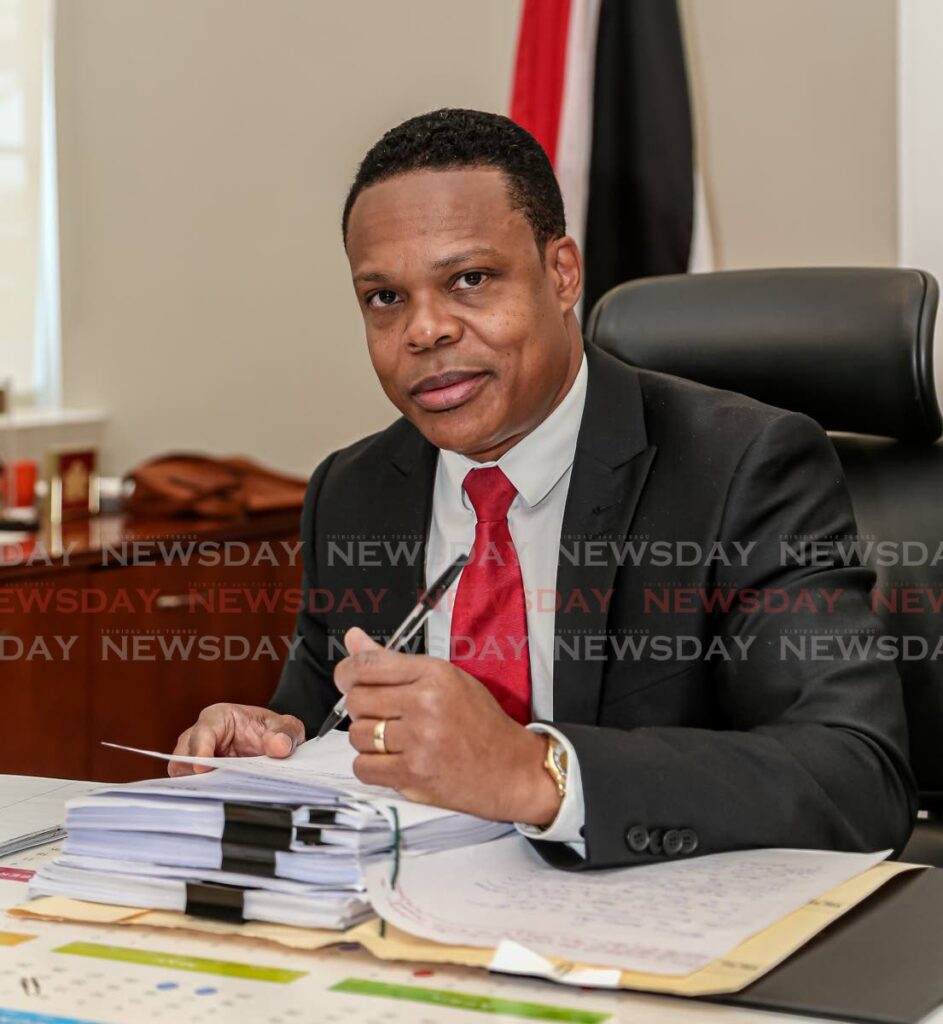Divided we fall

LAST FRIDAY, the Caribbean Community Skilled Nationals (Amendment) Bill passed in the House of Representatives.
The vote went as expected, with PNM members voting for and the UNC against.
Commenting on the bill’s success, Foreign and Caricom Affairs Minister Dr Amery Browne said, “We are Caricom.”
Unfortunately, saying it is not as simple as achieving it.
The Caribbean archipelago has a long history of grappling with the divide-and-rule tactics of imperial governance, which instilled in generations a poisonous sense of difference among its nations.
The new bill strengthens this country’s commitment to the Caricom Single Market and Economy (CSME). The CSME began in 1989, but the effort to link Caribbean nations economically dates back to 1965, when the short-lived Caribbean Free Trade Agreement was established, and hence the free trade area known as Carifta.
Carifta itself had sought to revive some of the ambitions of the even more short-lived West Indies Federation; and even that took the weakened form preferred by Britain, the former colonial power: it was easier for Britain to retain the dependence and hence the allegiance of individual, tiny Caribbean states than to face off with a deeply united region with a larger population and greater political clout.
The new bill expands the scope of skilled workers in TT covered by the CSME, but even after 33 years, this country is still some distance from that regional ideal. Dr Browne said between 2017 and 2022, 147 workers presented fake certificates to work in TT, evidence of demand for the CSME that has descended into counterfeiting.
Naparima MP Rodney Charles saw the issue differently.
“The PNM is snubbing our citizens,” he charged.
Last month, Independent Senator Anthony Vieira called for the Caribbean Court of Justice (CCJ) to replace the Privy Council as TT’s final court of appeal.
UNC Senator Wade Mark opposed the motion, claiming the CCJ was flawed and represented a danger to democracy.
TT has hosted the CCJ since its inauguration in 2001, supporting – but not legally endorsing – the idea of a comprehensively supreme regional court staffed by regional legal expertise. Thus it remains, shamefully, our highest court only in matters relating to the Revised Treaty of Chaguaramas, that is, the document which binds Caricom.
The opposition posture and the tendency of each minuscule Caribbean nation to insist on its own complete sovereignty undermine any potential unity among the peoples of the Caribbean, making them easier for colonial and other overseas powers to manipulate through political and economic enticements and pressures.
Encouraging division among Caribbean nations that are part of what should be a developing regional economic bloc is embarrassing and counter-productive.


Comments
"Divided we fall"